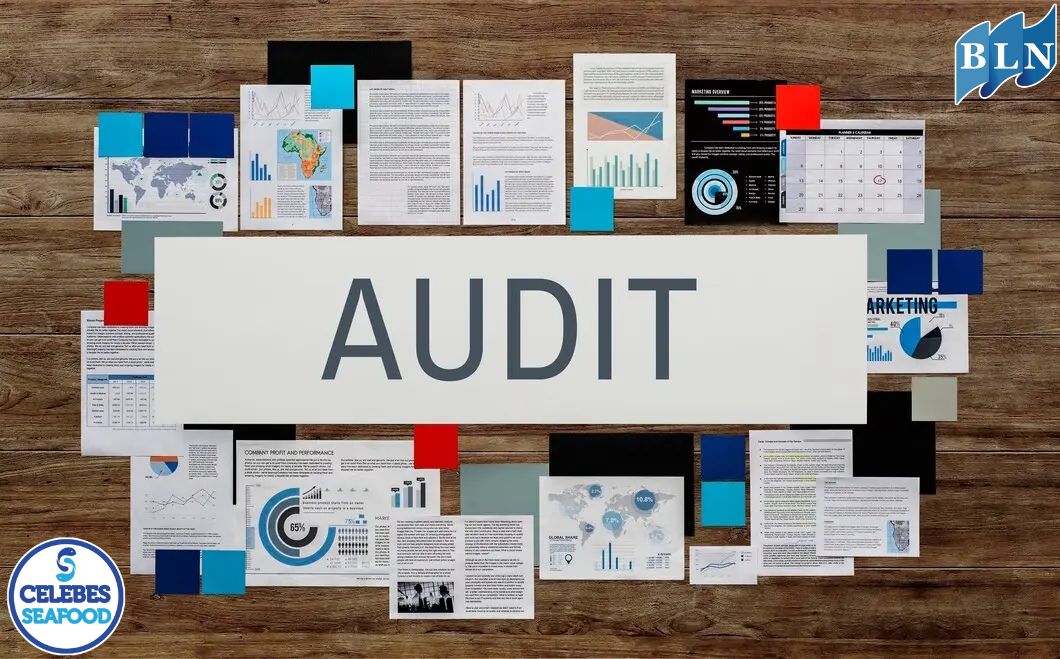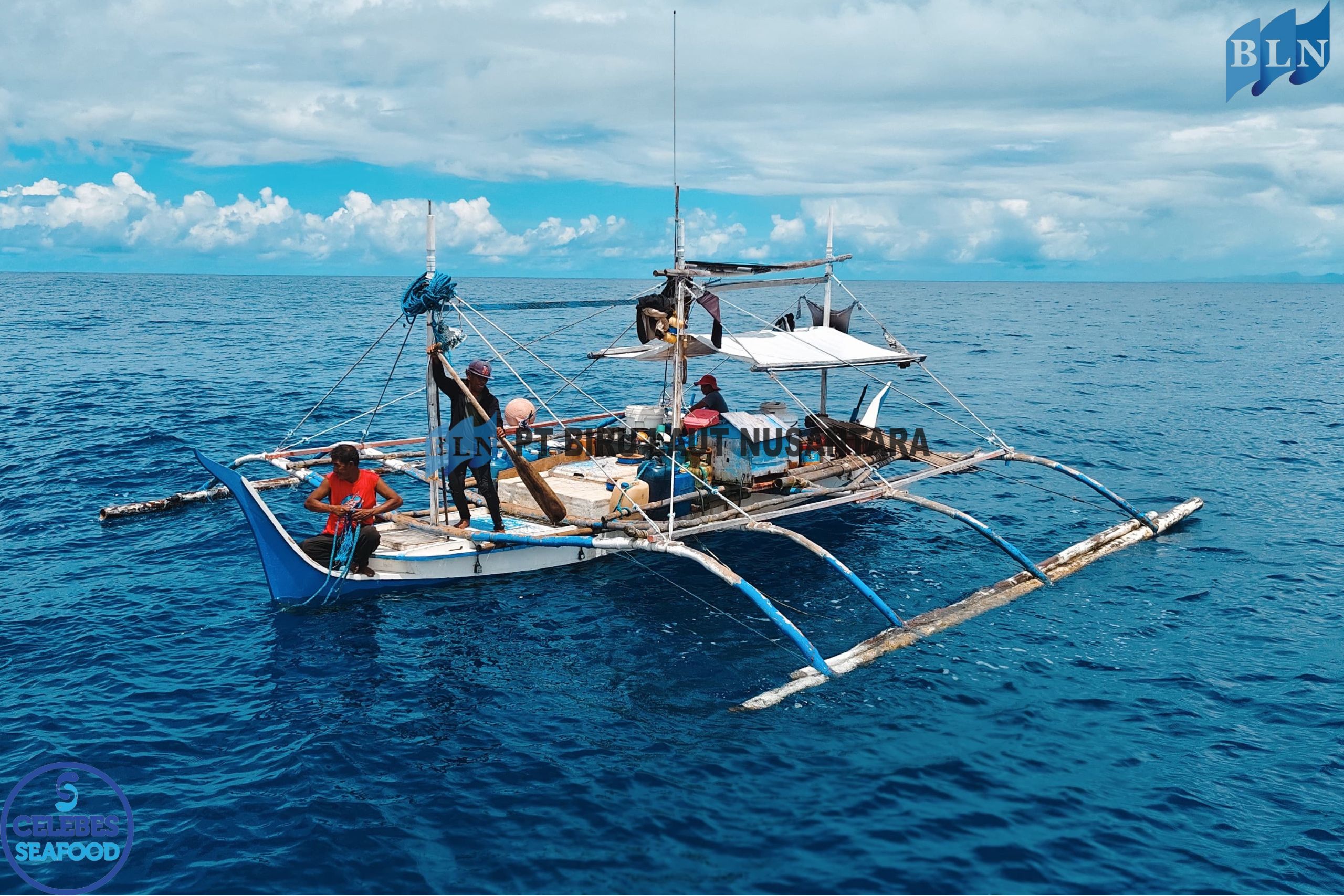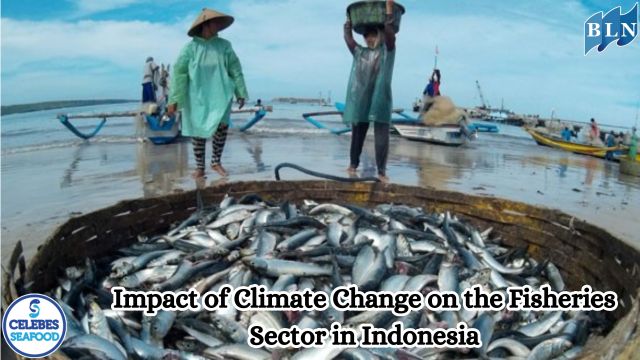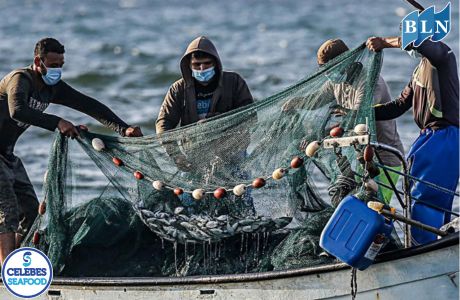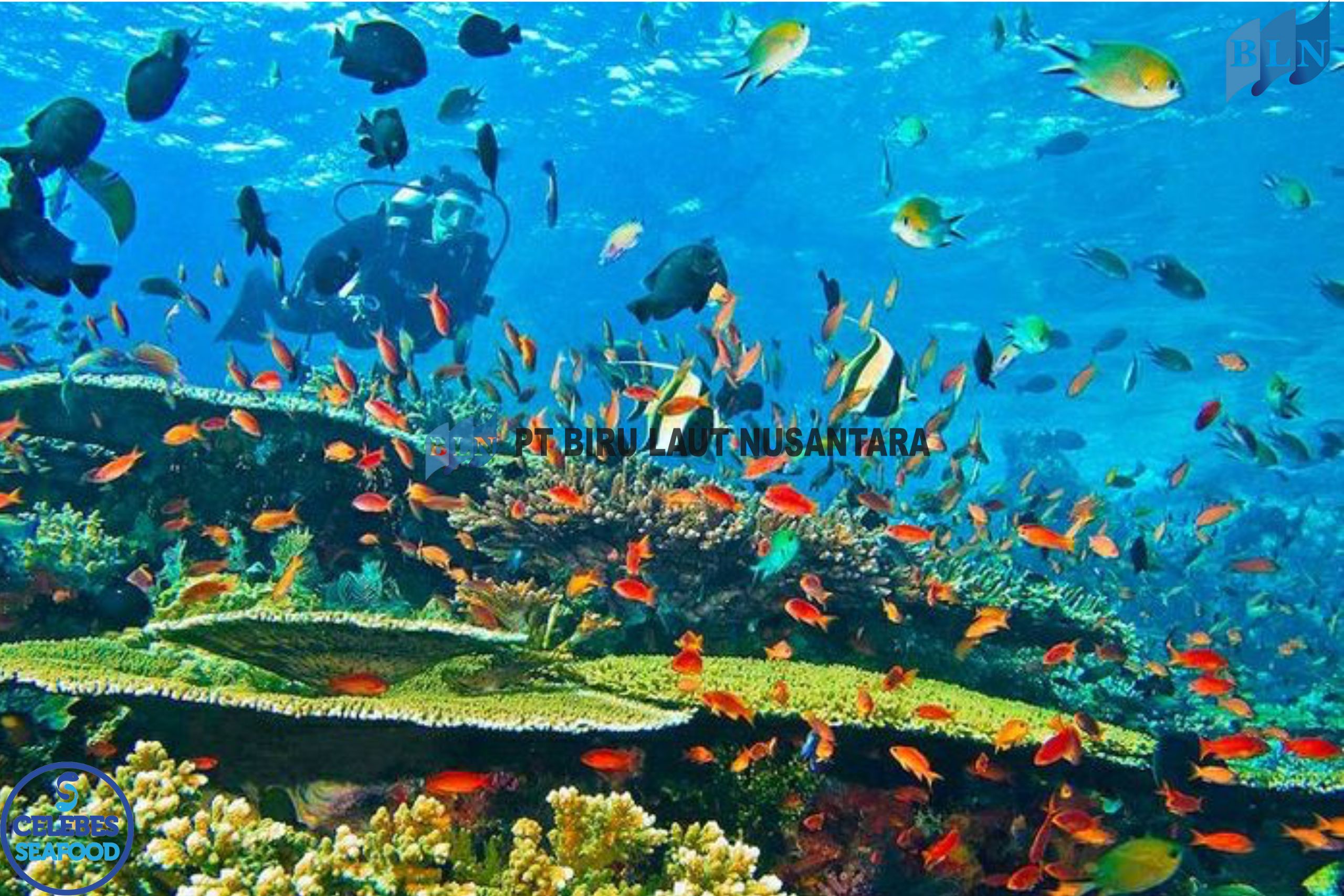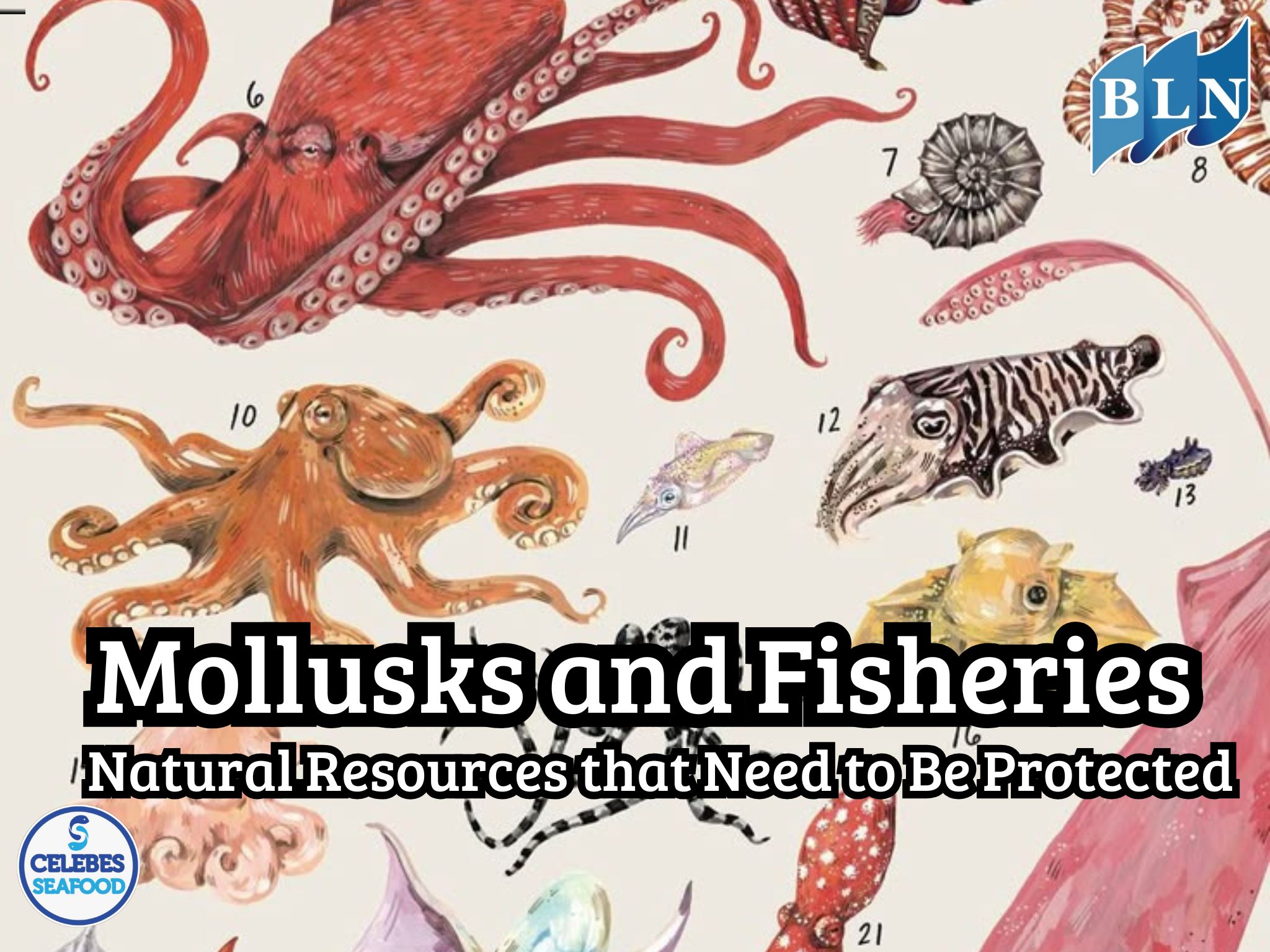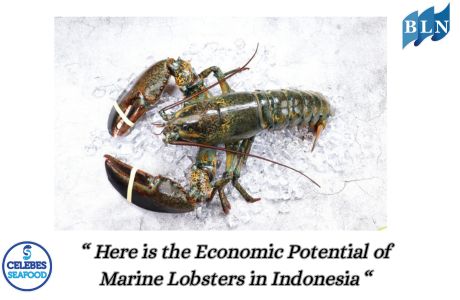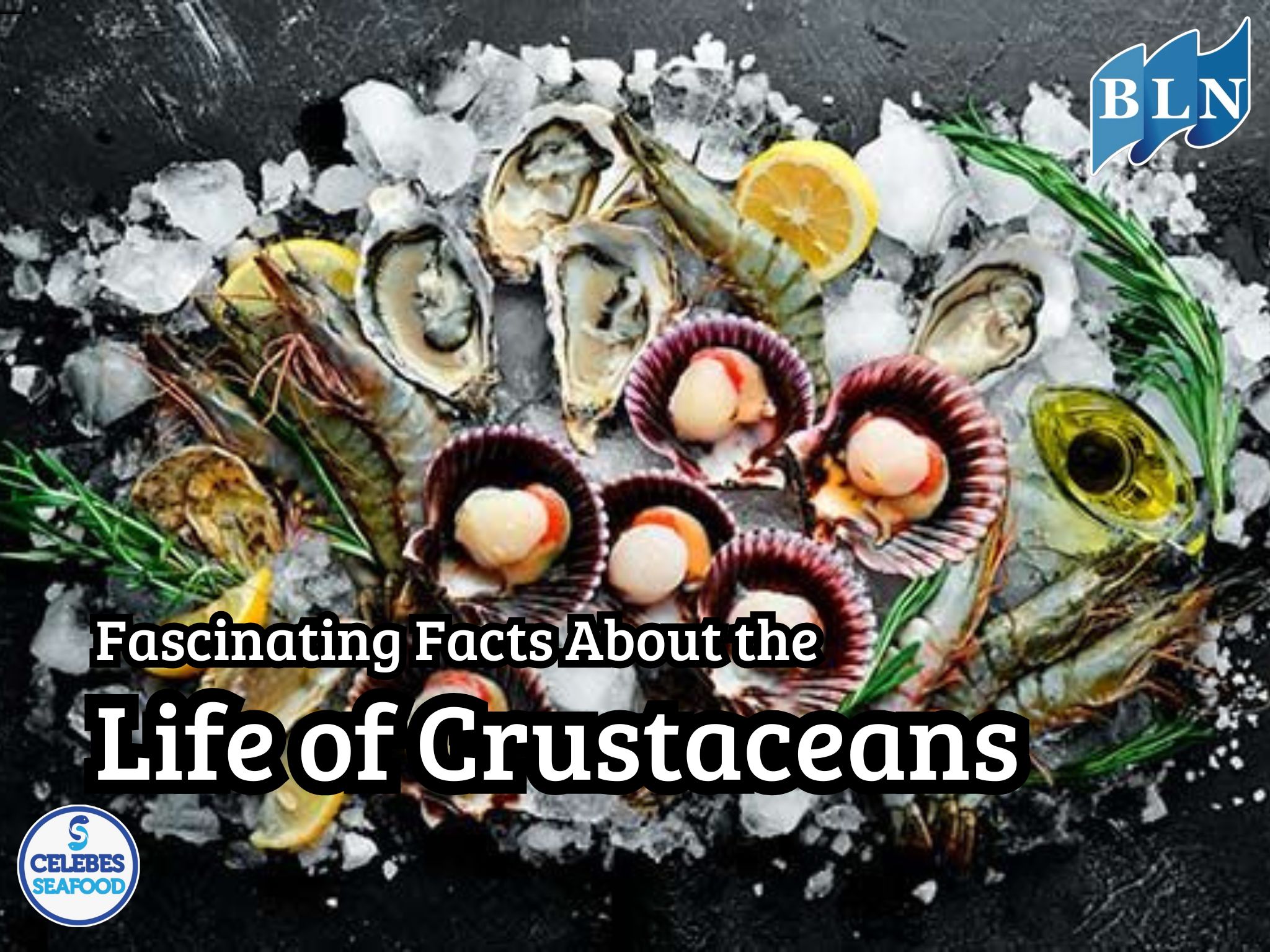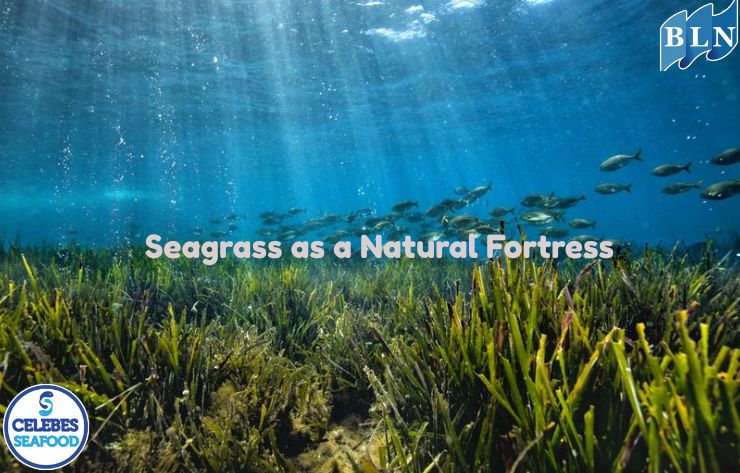Marine Pollution and Its Impact on Fisheries
By. Nindi - 22 Mar 2025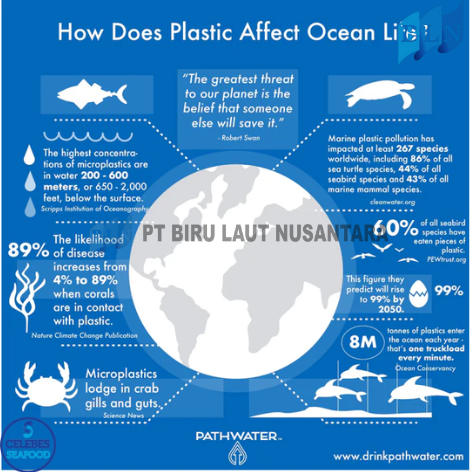
lautnusantara.com Marine pollution has become a major threat to global fisheries. Various pollutants, including plastic waste, chemicals, oil spills, and agricultural runoff, are contaminating the ocean, affecting fish populations and the livelihoods of millions who depend on fishing. This article explores the causes, impacts, and solutions to marine pollution and its effects on fisheries.
Causes of Marine Pollution
Marine pollution arises from multiple sources, including:
- Industrial and Chemical Waste – Factories discharge hazardous chemicals, heavy metals, and toxic substances into the ocean, contaminating marine habitats.
- Plastic Waste – Millions of tons of plastic enter the ocean each year, breaking down into microplastics that are ingested by fish and other marine organisms.
- Agricultural Runoff – Pesticides and fertilizers from farmland flow into rivers and eventually reach the ocean, causing harmful algal blooms and oxygen depletion.
- Oil Spills – Accidental spills from oil tankers and offshore drilling operations create long-lasting damage to marine life and fisheries.
- Sewage and Wastewater – Untreated sewage and urban runoff contribute to the spread of pathogens and pollutants in marine environments.
Impacts on Fisheries
Marine pollution significantly affects fisheries in the following ways:
- Declining Fish Populations – Contaminants can reduce fish reproductive rates and cause disease, leading to decreased fish stocks.
- Habitat Destruction – Coral reefs, mangroves, and seagrass beds, which serve as breeding grounds for fish, are being degraded by pollutants.
- Contaminated Seafood – Heavy metals and toxins accumulate in fish, posing serious health risks to humans who consume contaminated seafood.
- Economic Losses – Fishing communities suffer financial hardship due to declining fish stocks and increased costs for sustainable fishing practices.
Possible Solutions
To mitigate marine pollution and protect fisheries, several measures can be taken:
- Stronger Pollution Regulations – Governments must enforce stricter laws to control industrial discharge, waste management, and oil spill response.
- Sustainable Fishing Practices – Encouraging eco-friendly fishing methods and reducing bycatch can help preserve marine biodiversity.
- Improved Waste Management – Expanding recycling programs, reducing single-use plastics, and promoting waste treatment facilities can prevent ocean pollution.
- Restoration of Marine Habitats – Efforts such as coral reef restoration and mangrove replanting can help sustain healthy fish populations.
- Public Awareness and Education – Informing communities about the effects of marine pollution and promoting sustainable seafood consumption can drive positive change.
Marine pollution poses a serious threat to global fisheries, impacting marine life, human health, and economic stability. By implementing stricter pollution controls, adopting sustainable practices, and increasing public awareness, we can protect our oceans and ensure the long-term sustainability of the fishing industry.
If you are interested in our product SLIPPER LOBSTER WHOLE ROUND, SLIPPER LOBSTER MEAT, Coral Trout Fillet Skin On,OCTOPUS WHOLE CLEANED FLOWER TYPE please do not hesitate to contact us through email and/or whatsapp.
